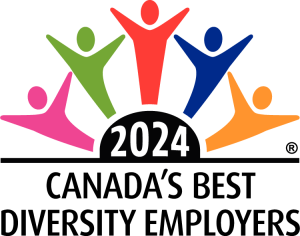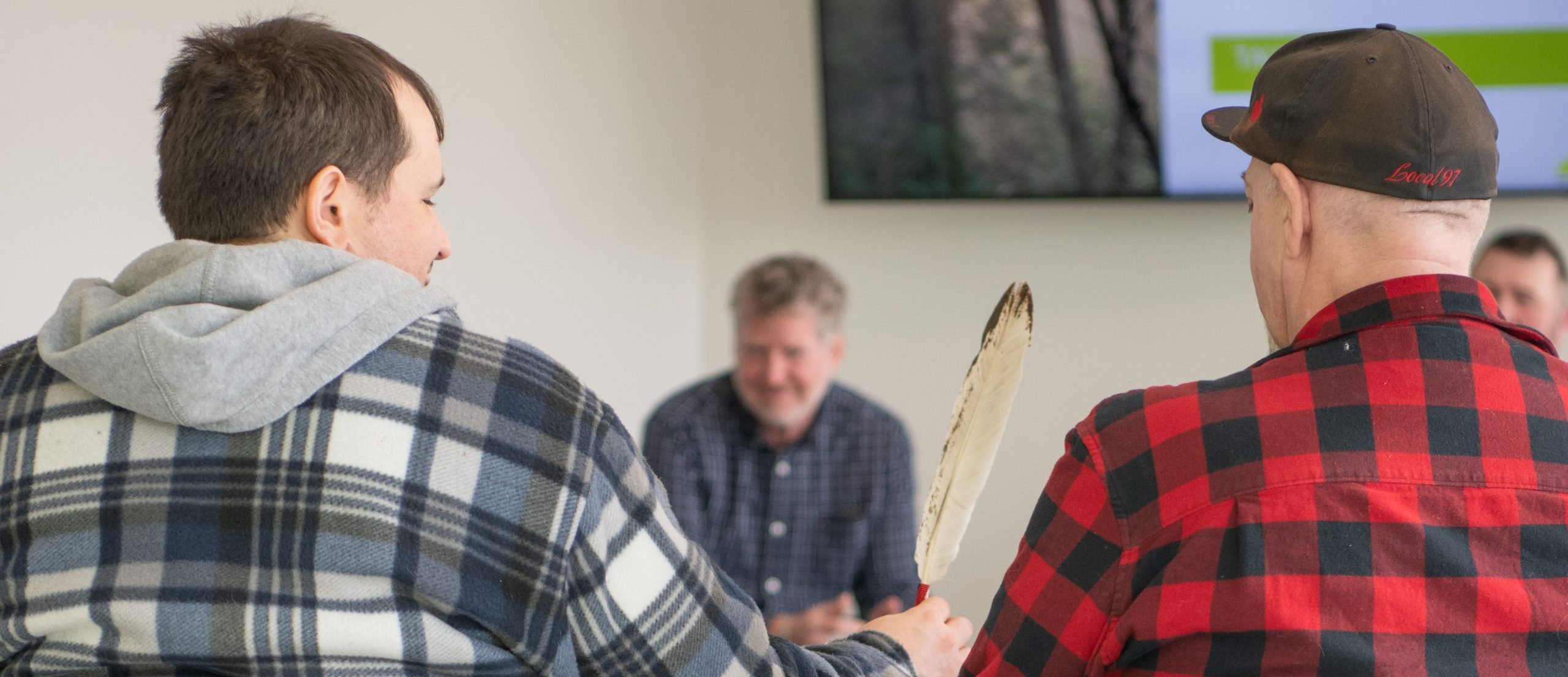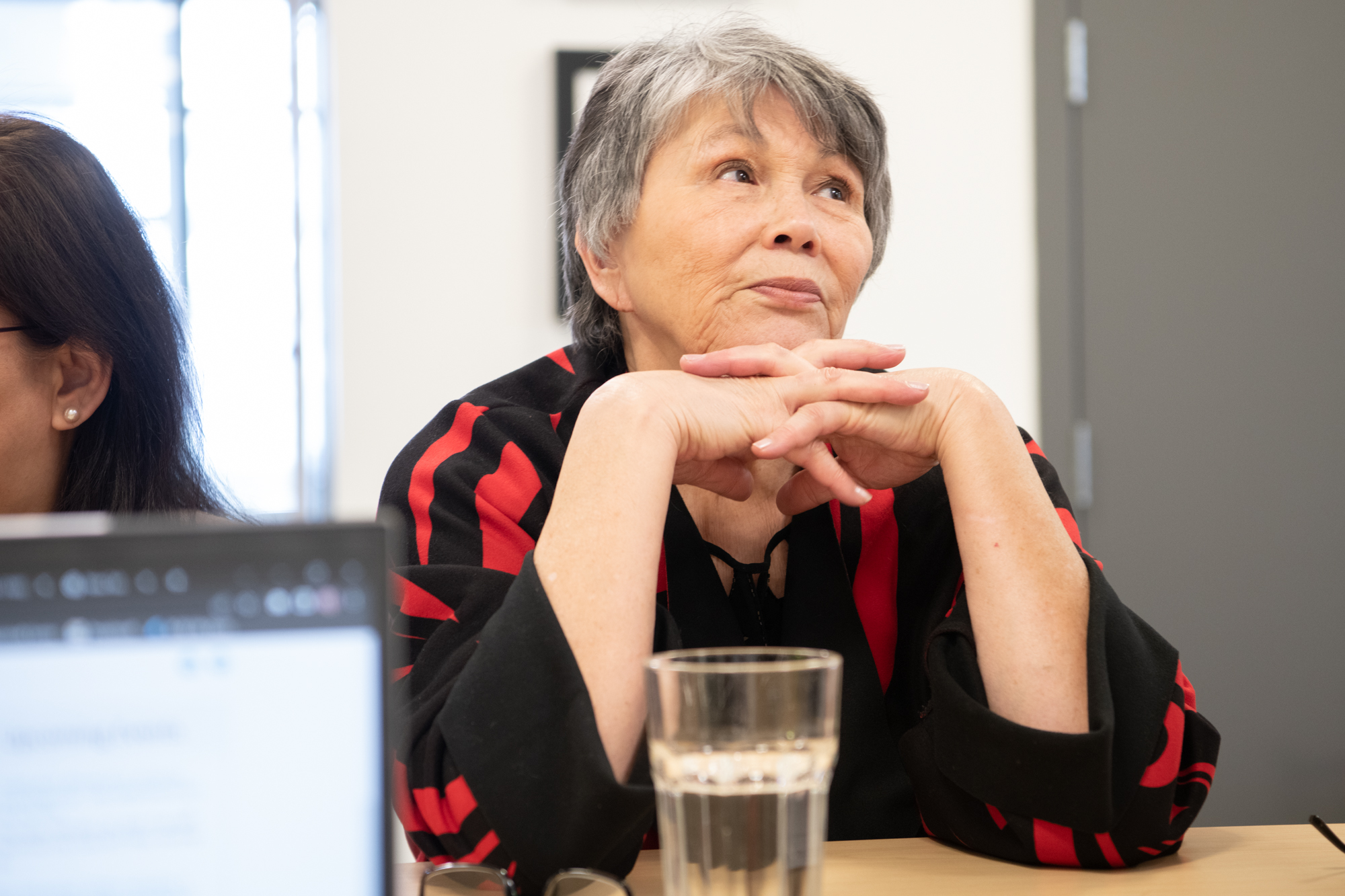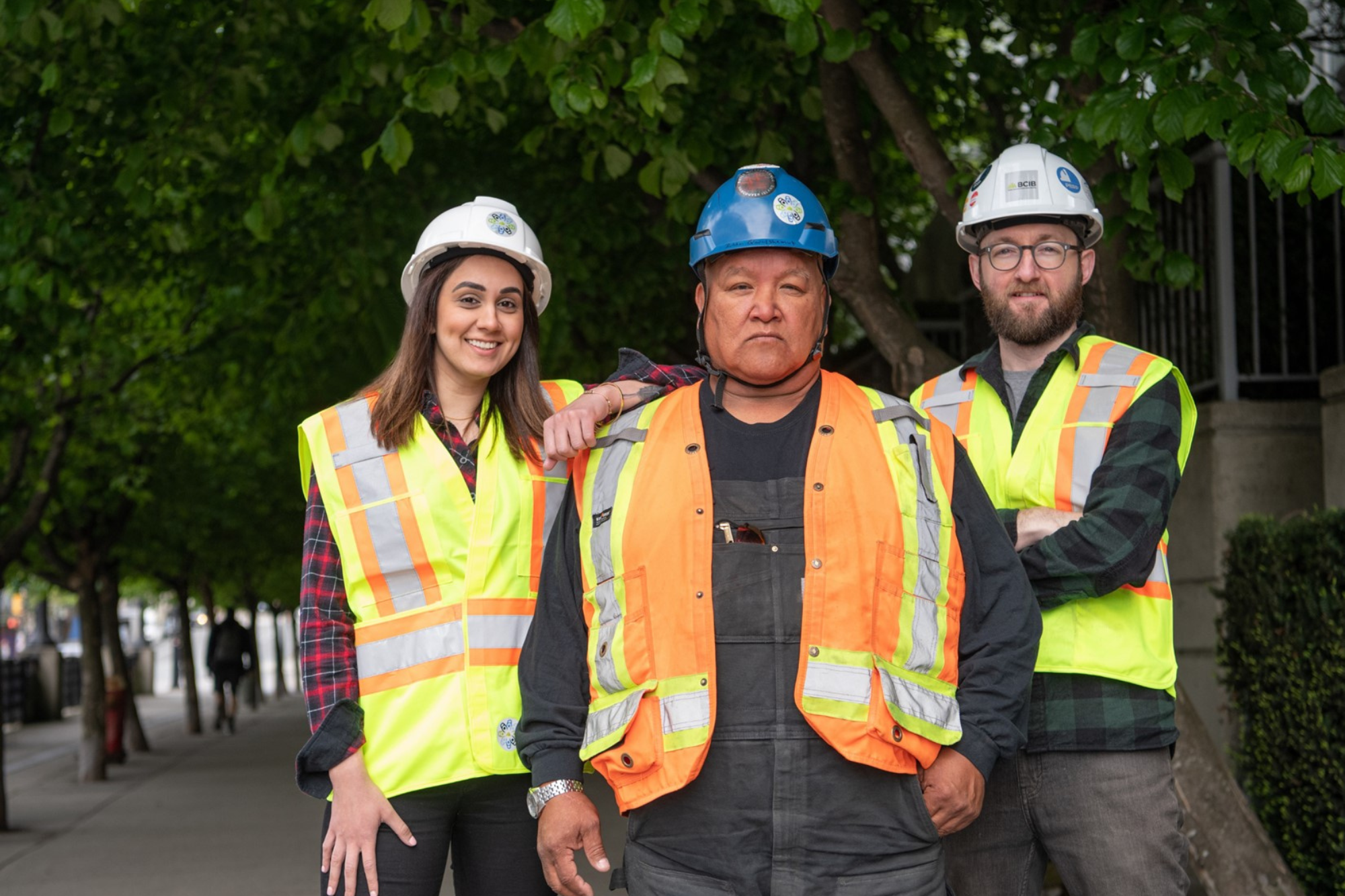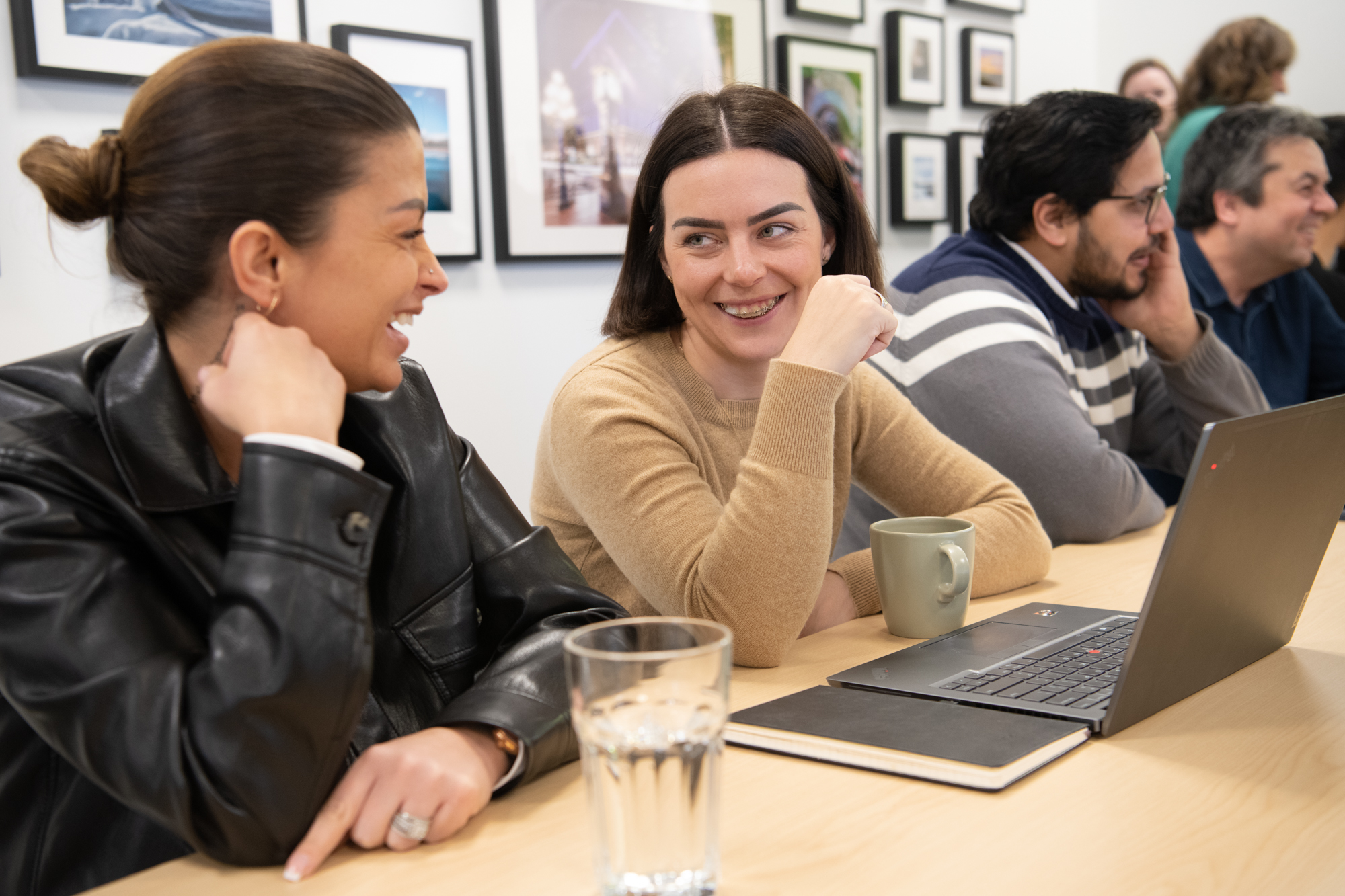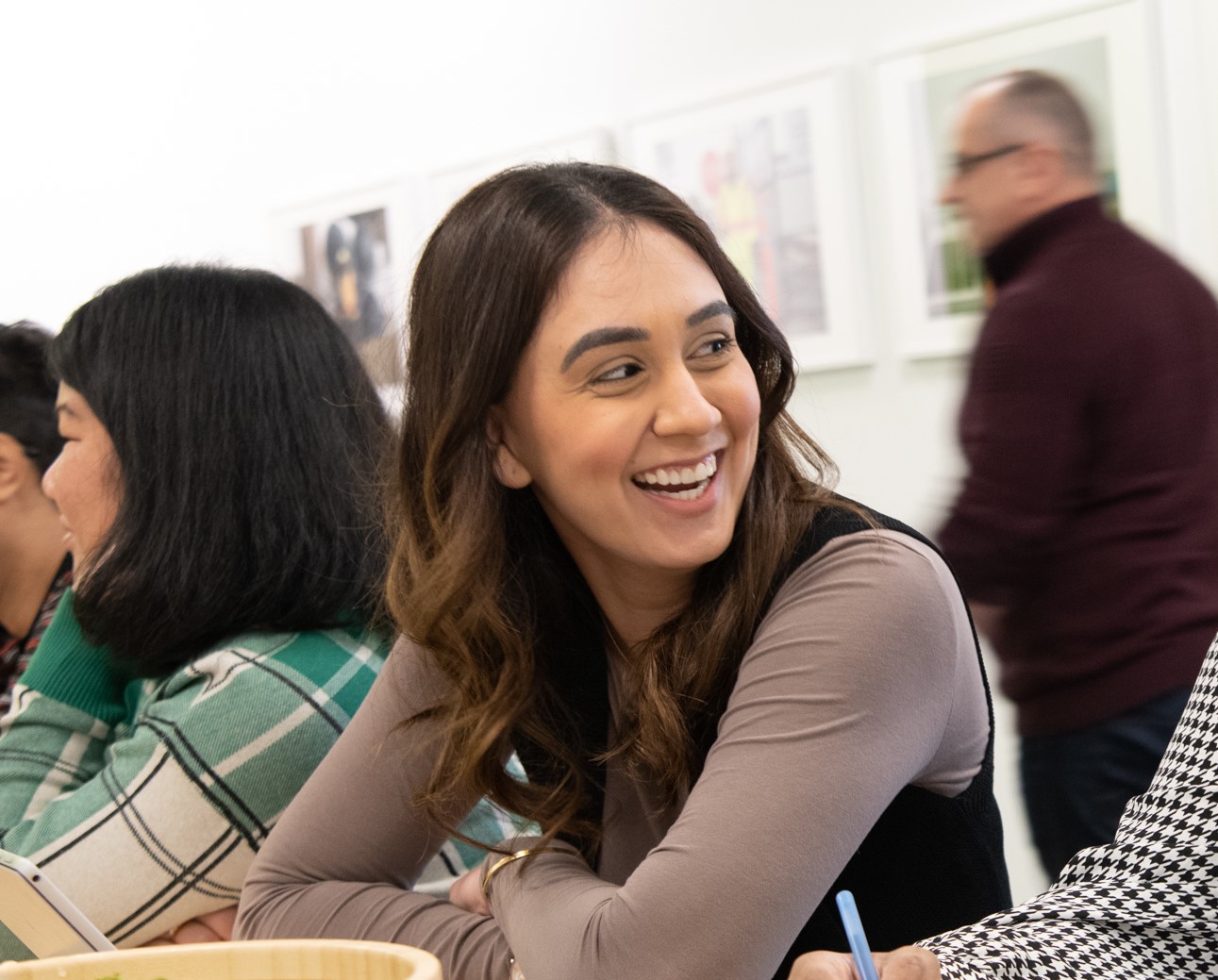Bubba Qwulshemut has a unique position in the construction industries of British Columbia and Canada. Since last June, the Red Seal plumber and respected Quw’utsun Knowledge Sharer has been the full-time workforce coach and cultural advisor at the Cowichan District Hospital Replacement Project in Duncan, on southern Vancouver Island, for British Columbia Infrastructure Benefits (BCIB). Before that, the 61-year-old was a prime contract plumber on the site.
He provides support to both Indigenous and non-Indigenous employees, such as transition-to-work counsel and career mentorship. He makes the worker experience more relevant and respectful by connecting with staff on job sites and sharing his own cultural teachings, experiences and wisdom during BCIB’s mandatory Respectful Onsite Initiative (ROI) training.
A provincial Crown organization, BCIB hires traditionally under-represented qualified tradespeople such as First Nations individuals and women – with preference also given to locals – for some of the province’s largest public infrastructure projects.
Individuals who self-identify as Indigenous (including Métis and Inuit) account for 15 per cent of BCIB tradespeople, compared to the provincial average of less than five per cent. Its corporate staff includes people born in 26 countries, more than half of whom are women, and 64 per cent of its leadership is female. On its construction sites, nine per cent of workers are female, twice the provincial average.
All that reflects the organization’s unique collective agreement, which is committed to diversifying the skilled workforce through a mechanism called Priority Hiring: looking at each request from project contractors to see whether it can be filled by a qualified tradesperson who is Indigenous, a woman or a member of another equity group.
As for Qwulshemut, a member of the Somena Tribe, one of the seven recognized Tribes of Cowichan, his role often means simply telling his personal story.
“Both of my parents were residential school survivors and a couple of older brothers went through it,” he says. “Myself, I went to a Catholic day school and got to go home at night, but it was basically the same abusive thing. And in my job, one thing I do is shed a light on something that we’ve never really talked about too much – the fallout from the physical abuse my parents faced. My dad was physically abusive to us kids.”
Sharing those experiences with others through the ROI program, he continues, isn’t always easy. “Sometimes people are like ‘why do I have to do this?’ But But then eventually they say it’s really powerful. People’s views change a lot in a few hours.”
Meanwhile, he says, a lot of First Nations people on Vancouver Island seek him out. “When I was in trade school, it was quite rare to see anybody like me. And now, this is where I can kind of steer them in the right direction to get into the trades or just get on the jobs sites.”
As for Brenda Ireland, BCIB’s director of Indigenous relations and its ROI program, she says she finally landed in her dream job when she joined the team about four years ago.
“I had been working in the whole anti-racism, diversity and inclusion area for many years,” adds Ireland, who is of U.S. Anishinaabe descent.
“It is so refreshing to be working for an organization where it’s not just a few people in the diversity office who are committed to DE&I but where that commitment is led by the board and the senior executives. We’re truly dedicated to making the kind of difference we need for future generations.”
